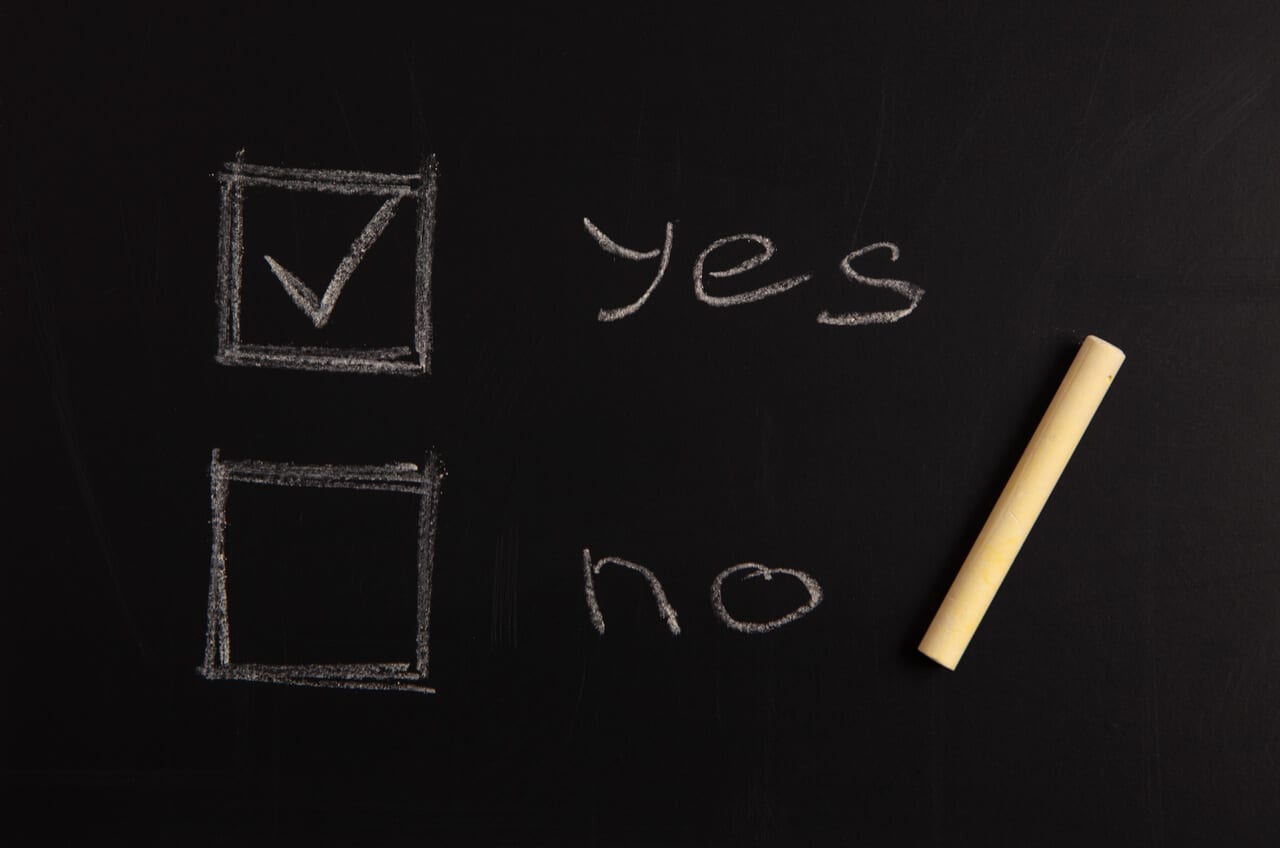
Voters in Virginia seem to be supportive of both a new tribal casino in the state as well as the legalization of sports betting.
A recent study conducted on December 5 by the Judy Ford Wason Center for Public Policy reveals that 63 percent of Virginia voters are in favor of allowing sports betting.
In the report, Rachel Bitecofer, the assistant director of the Wason Center, stated that Virginia voters are embracing the idea of legalized sports betting and casinos, similar to their support for the lottery three decades ago.
Bitecofer noted that, similar to how education funding was used as a rationale for introducing gambling in the past, the idea of utilizing gambling taxes for education appears to resonate with voters in the present.
Following sports betting trends
After the repeal of the Professional and Amateur Sports Protection Act in May, states with conservative gaming policies, such as Virginia, appear to be increasingly open to the financial benefits that sports wagering can offer.
Delegate Mark Sickles pre-filed a sports betting bill for the upcoming 2019 legislative session in November.
Sickles’ bill does not include any provisions for betting in person. Instead, it defines an authorized “sports betting platform” as:
“…an online platform, be it a website, app, or any other accessible medium through the internet or mobile, wireless, or similar communication technologies, utilized by sports bettors for placing their sports wagers.”
The proposed legislation aims to grant the VA Lottery authority to supervise sports betting activities. Moreover, it would prohibit any betting on matches that involve Virginia schools.
There would be a total of five licenses issued by the lottery, each costing $250,000. The state would implement a 15 percent tax rate, while the lottery would retain 2.5 percent.
According to the study, 32 percent of voters believed that legalizing sports betting would result in increased tax revenue from both sports betting and casinos. Furthermore, 29 percent of voters expressed the opinion that regulating sports betting would enhance safety.
Tribal gaming in the Commonwealth
In addition to the approval of sports betting, voters are also showing support for the Pamunkey Indians and their proposed casino construction in the Commonwealth.
According to a recent poll, 64 percent of voters believe that the tribe should have the right to establish a casino. Additionally, 58 percent of voters expressed the opinion that if a tribal casino is permitted, other casinos should also be legalized.
In 2015, the Pamunkey Tribe achieved federal recognition as a Native American tribe, granting them an array of valuable benefits. These include access to federal grants, housing provisions, and educational opportunities.
Despite the state’s long-held ban on casino gambling, the tribe was also granted permission to pursue a gambling facility.
In March, Chief Robert Gray of the Pamunkey tribe shared with the Washington Post:
The acknowledgment of the federal government and the accompanying advantages will result in an increase in job prospects, enhanced educational options, and improved housing accessibility for our elderly tribe. The resort is merely a component of this broader vision and represents our aspirations for the future.
The tribe anticipates that the casino could yield an annual “indirect economic impact” of $1 billion, leading to the creation of approximately 5,000 construction jobs and 4,000 full-time jobs.
According to the Wason study, a majority of 57 percent of voters expressed agreement with the notion that casinos in economically challenged regions have the potential to generate employment opportunities.
According to the Post, MGM National Harbor, situated just outside the Nation’s Capitol, perceives any location favored by the Pamunkey as a significant risk. MGM was among several groups that objected to the Pamunkey’s appeal for federal recognition.
43 percent of voters argue that legalizing sports betting and casinos would encourage gambling addiction.
